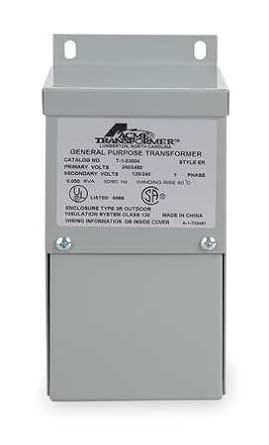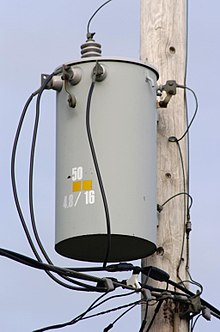Bamaman
Give me a museum and I'll fill it. (Picasso) Give me a forum ...
makes up 2.8% of electrical power generation in the United States.
Natural Gas!!! makes up 38.3% of power generation
Coal (big bad dirty coal) makes up 21.8%
Nuke's!! makes up 18.9%
Just about my entire family worked for TVA, the big U.S. government owned electrical utility. TVA depends greatly on their three big nuclear complexes and a few very large coal steam plants for energy. They've shut down and demolished a number of post-WWII coal fired plants even though they were still productive. Only in recent years have they started using some natural gas produced power. We're still got moderately inexpensive electricity @ 10.5 cents per KWH.
The only reason the really good coal fired steam plants are as clean as they are today is because TVA's scientists and engineers wrote the book on air pollution and what it takes to clean up fossil fired generation.



